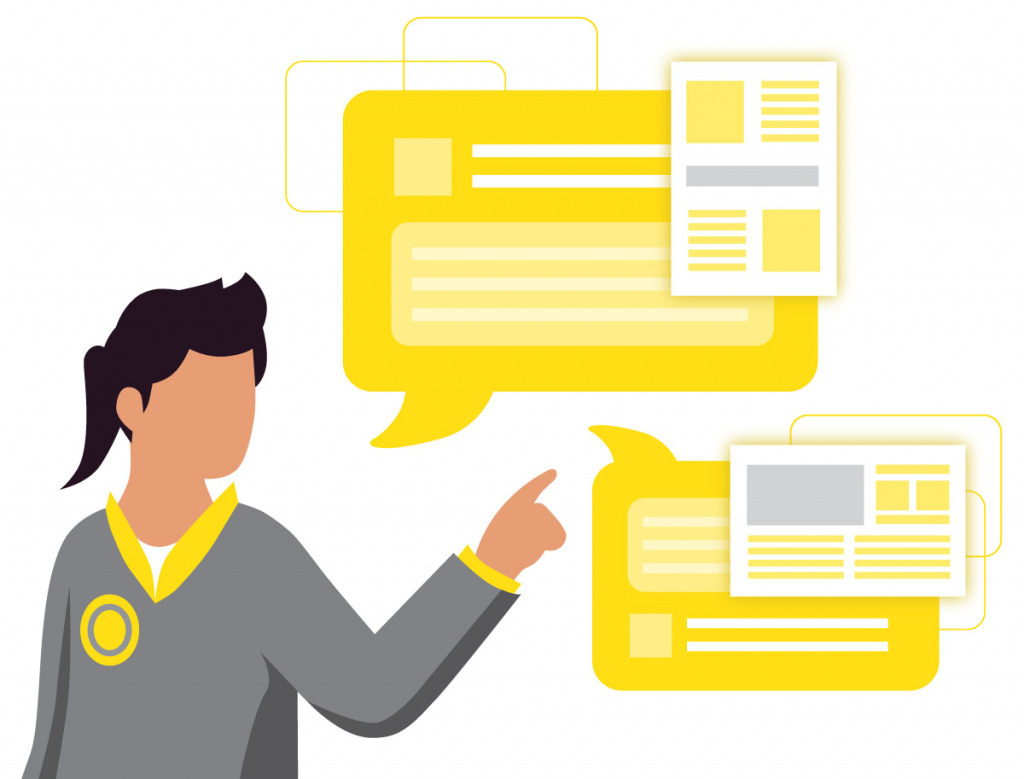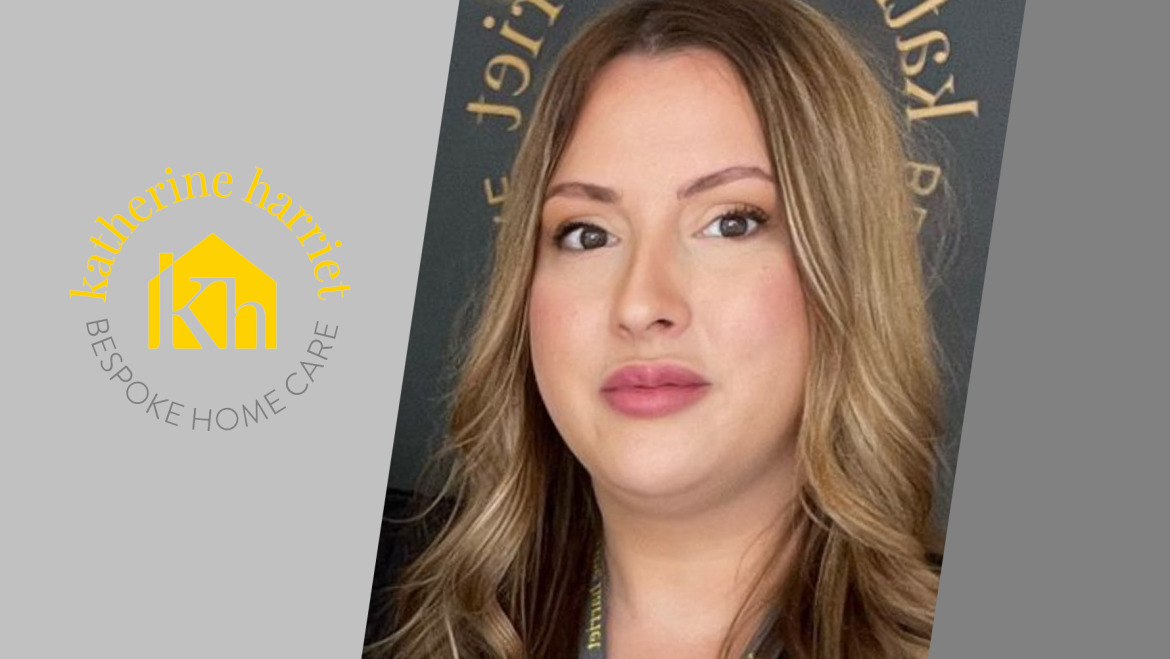Jessica Dunn, Office Manager at Katherine Harriet Ltd looks at how digital care has impacted and improved the domiciliary sector.
Everyone hears about ‘going paperless’ in this day and age, and this has not stopped in the care sector, gone are the days of picking up your paper rota and care plans on a Friday afternoon and everything is at the touch of a fingertip.
Why did we go digital?
We decided to become digital around the same time as Covid-19, when we were separated from the world, it really highlighted the importance of having everything at our fingertips at any time, and the need to work remotely if we had to, this meant that we did not have to stop working and we could keep the business still well led and safe.
As we started our process, we quickly realised that becoming digital also meant we could increase our productivity, and processes in place become quicker to complete.
How have we gone digital?
At Katherine Harriet we have become paperless in many different areas of the business, including:
- Personnel documents are now completed online and filed onto a digital system
- All aspects of training documentation, reviews, HR information, payroll, holidays, and discussion forms (to name a few) are built and kept on a bespoke to care digital system
- All client forms, including care plans and risk assessments, are completed and kept digitally on a bespoke care, digital system
- All information for clients, including EMARs, care plans, risk assessments, previous notes, and schedules, are readily available on password-protected apps on our Wellbeing Assistant’s phones
- Clients and relatives have access to this information 24 hours a day, 7 days a week through a client portal
What are the pros of going digital?
At first, we were all met with nerves and queries when faced with the overwhelming thought of going paperless, however, in time, these nerves soon went away and it was clear to all, that the pros outweighed the cons.
The change to digital means that all information is accessible at any time of day and kept safely and privately behind password-protected apps and websites. We also noticed any queries that come into the office can now be found quickly, we can access the notes that the staff write instantly as opposed to waiting a week for these to come back into the office or calling another staff member to send them to us, we also found that any medication errors can now be identified with alerts being set up on the system, this means our errors have decreased.
Everything housed on our bespoke system is professional looking and we found that it has also minimised our working time when completed plans, as opposed to creating, printing and rolling out plans to all staff in paper form. We have also noticed that with the new systems in place, this has decreased costs in certain areas, which includes time spent on certain tasks or expense costs in the form of stationery, ink, and paper just a few to name.
Were there any challenges in becoming digital?
We had partly become digital in previous years, our staff had access to their schedules and the EMARS on their phones, however, when we made the decision to move all our processes onto a digital system, we were met with anxieties from our Staff and some Clients. We rolled out thorough training and created step-by-step guides to help ease the process.
We were also met with timelines and deadlines to ensure we were ready and that all information was transferred over to our new system, but we knew that in the long term, this was best for productivity and for the digital world we now live in today.
Would you recommend going digital?
Going digital for us, as a company, has been a great decision, although it has been a long process and there are still areas of the business we would like to continue looking at becoming digital, what we have achieved so far has been a great impact on the business for the office staff, staff on the field and our clients also.
Jessica Dunn
Office / Administration Manager


